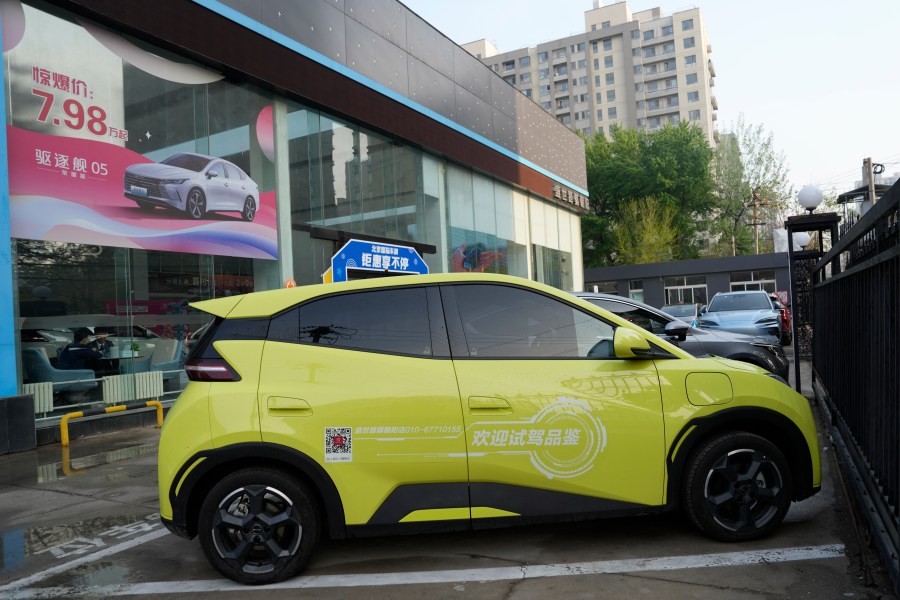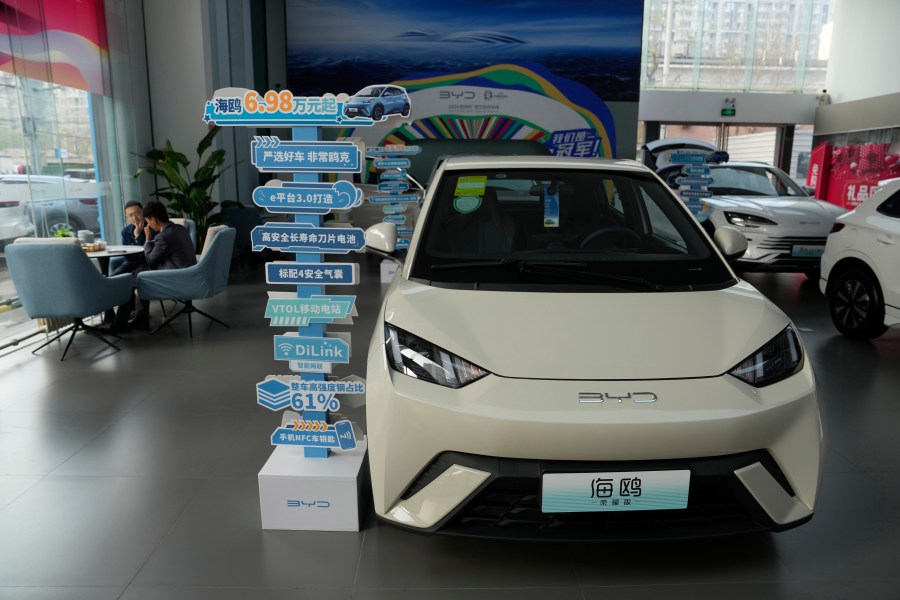China, US to hold artificial intelligence ‘safety talks’ Tuesday
- Biden and Xi agreed to host risk and safety talks on AI
- Safety talk will voice concerns and risks that AI might pose
- Public fears future wars will be fought by AI-generated machines
WASHINGTON (NewsNation) — Artificial intelligence remains front and center on the global stage as top U.S. and Chinese officials prepare to discuss the risks of using the technology in Geneva on Tuesday, senior administration officials told NewsNation.
When President Joe Biden and Chinese President Xi Jinping met in the fall of 2023, they agreed to hold risk and safety talks centered around AI this spring.
The National Security Council says the “safety talk” will be an exchange of ideas between Xi’s and Biden’s staffs on areas of concern, and will address the risks AI might pose.
China has made it known that they are making AI a top priority in ways U.S. officials fear could undermine national and international security.
AI in weapon systems
The U.S. is competing to stay ahead of China on AI and its use in weapon systems. The focus on AI has generated public concern that future wars will be fought by machines that select and strike targets without direct human intervention.
Officials say this will never happen, at least not on the U.S. side. But there are questions about what a potential adversary would allow, and the military sees no alternative but to get U.S. capabilities ready fast.
With this in mind, the administration is developing ways to safeguard U.S.-developed AI that powers products like Chat GPT.
Chinese electric vehicles
Administration officials also said Biden is set to impose major tariffs on Chinese electric vehicles and other Chinese goods to stem the trade flow. The officials are accusing Chinese companies of flooding the markets by oversupplying electric cars and other green technology products.
The Alliance for American Manufacturing says in a paper that government-subsidized Chinese EVs “could end up being an extinction-level event for the U.S. auto sector.”
It’s a move officials say threatens U.S. jobs and the country’s national security.
This comes as both Biden and former President Donald Trump try to convince voters they each will be “tough on China.”
The Associated Press contributed to this report.













